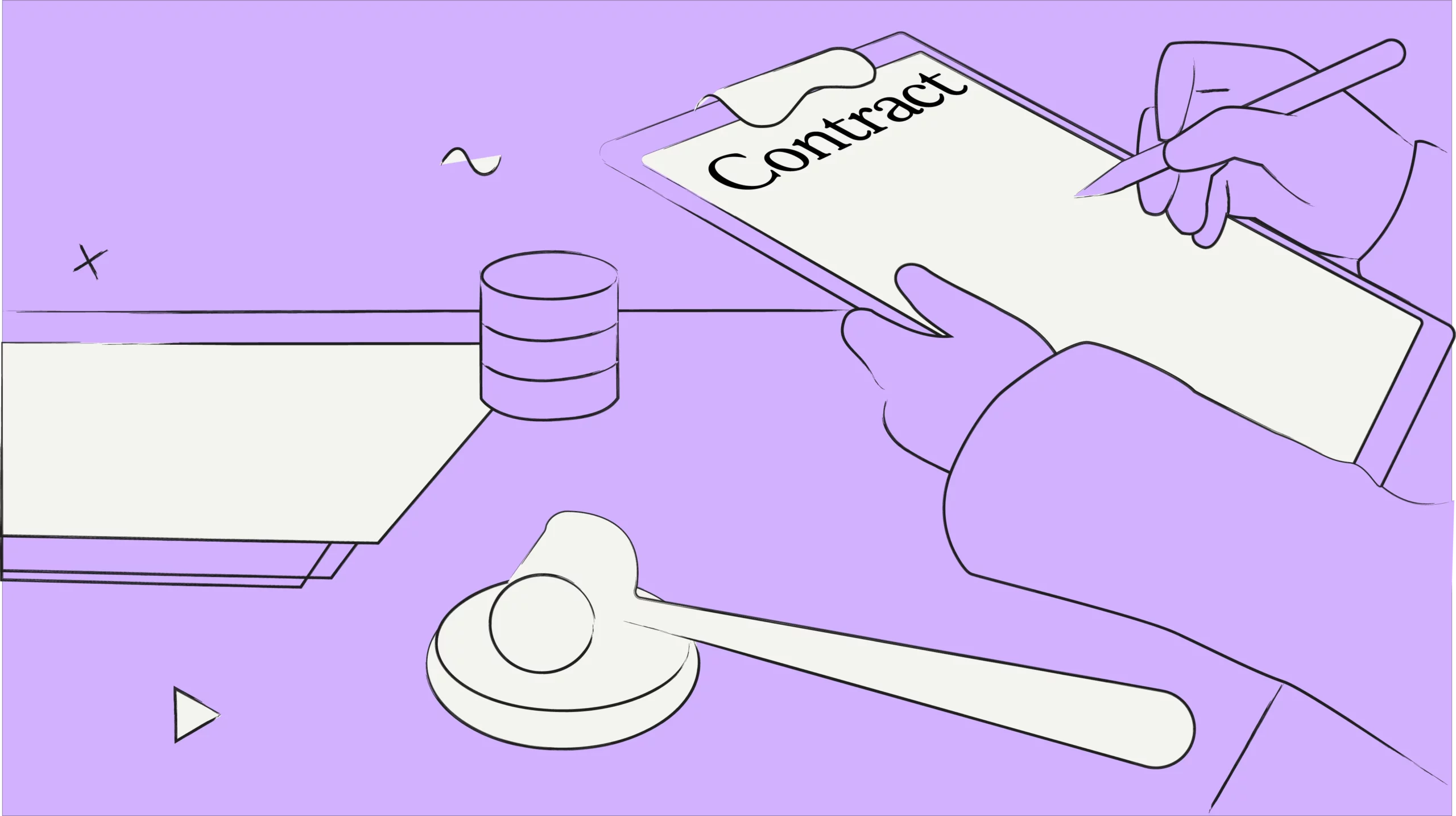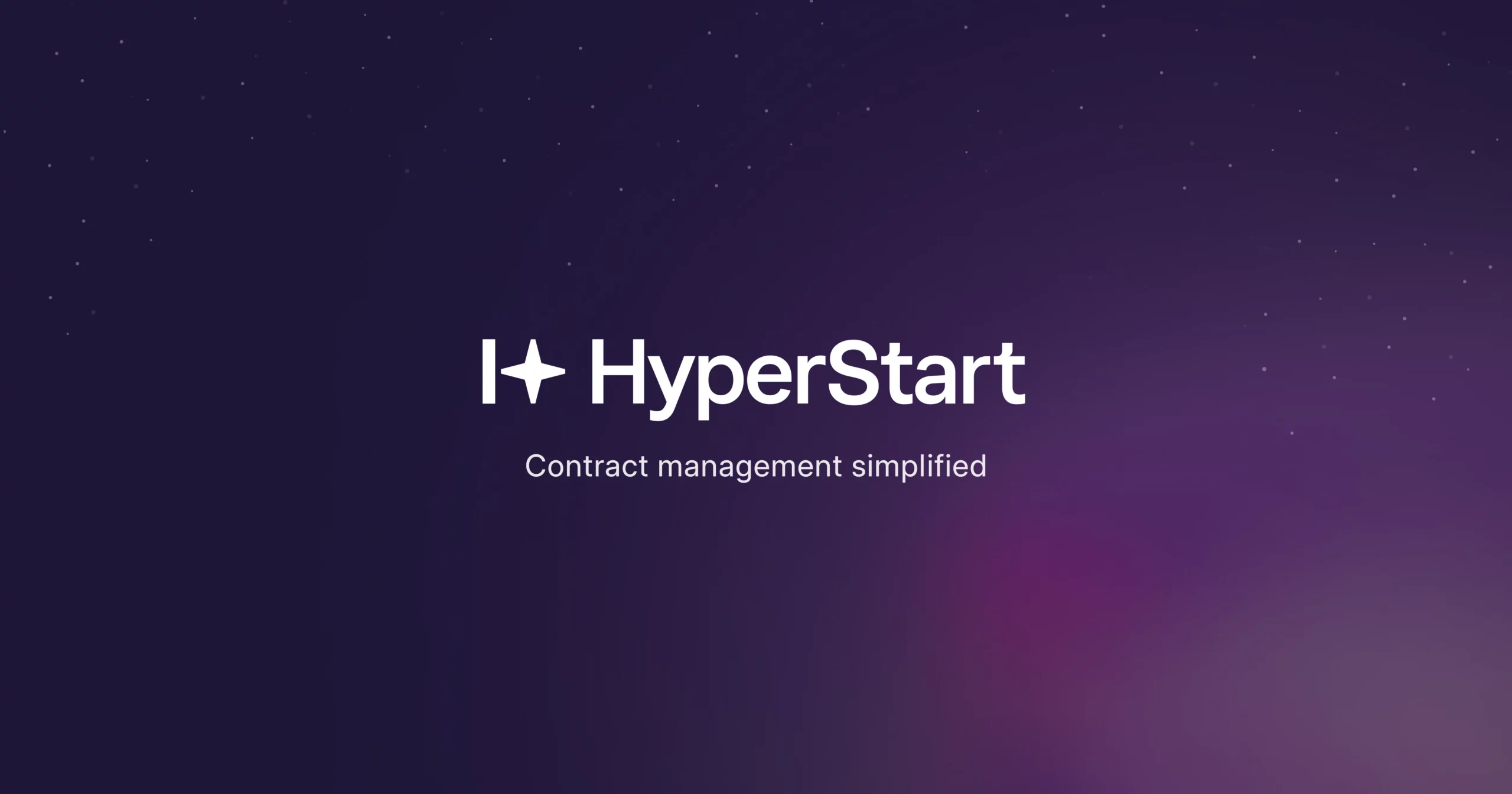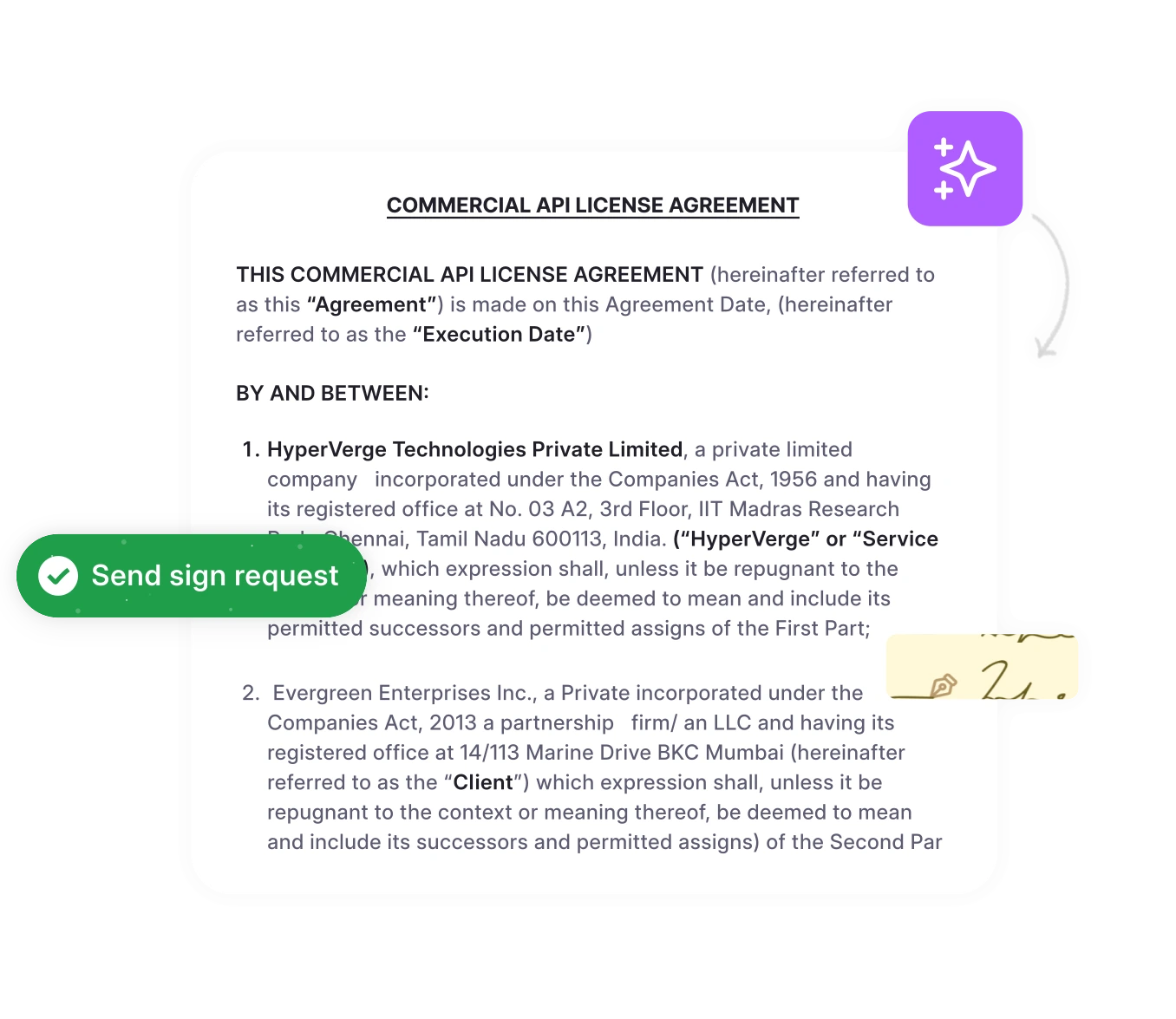CCPA compliance governs how businesses handle consumer data. It sets comprehensive data governance frameworks that protect the personal information of California residents, setting a new standard for data privacy.
More recently, 2025 has been critical. The act now covers cybersecurity audits, risk assessments, automated decision-making technology (ADMT), insurance companies, and updates to existing CCPA regulations.
For teams who need to reassess, this blog is for you. Let’s dive in.
What is the California Consumer Privacy Act (CCPA)?
The California Consumer Privacy Act establishes comprehensive privacy rights for California residents. It enforces specific obligations on businesses that collect personal information. At the core, the CCPA grants consumers four fundamental rights:
- to know what personal information is collected,
- to delete personal information,
- to opt out of the sale or sharing of personal information, and
- to correct inaccurate personal information.
Overview of the California Privacy Rights Act (CPRA)
The California Privacy Rights Act (CPRA), which took effect in 2023, significantly expanded CCPA requirements by introducing new categories. These include sensitive personal information, establishing the California Privacy Protection Agency, and adding automated decision-making technology regulations.
Read also: Contract Audit Trails (Guide to Compliance)
CCPA applicability: Who is required to comply?
CCPA applies to businesses that have a gross annual revenue of $25.625 million or more (effective January 1, 2025) for the preceding calendar year; buy, sell, or share the personal information of 100,000 or more California residents or households; or derive 50% or more of their annual revenue from selling or sharing California residents’ personal information.
Clarifying the definition of “personal information” under the CCPA
In simple terms, “personal information” under the CCPA is anything that points to you. This includes the obvious stuff, like your name, address, and Social Security number. But it also covers digital footprints like IP address, search history, location data, and even educated guesses about your interests.
Streamline Your CCPA Compliance Workflow
HyperStart automates standard clauses and granular approval paths for full CCPA compliance.
Book a DemoCore requirements for CCPA compliance: A checklist
1. Data inventory & mapping: Identify and classify consumer data
This process is foundational for responding to data rights requests and protecting sensitive personal information collected through both online and offline practices. Organizations must map data flows across all systems, identifying collection points, processing activities, storage locations, and third-party sharing arrangements. This inventory forms the foundation for responding to consumer requests and implementing required privacy controls.
Essential Data Mapping Components:
- Sources of personal information collection
- Categories of personal information processed
- Business purposes for collection and processing
- Third parties with whom information is shared
- Retention periods for different data categories
2. Consumer rights management: Automating processes for access, deletion, and correction requests
Businesses must establish reliable mechanisms to process consumer requests for access, deletion, and correction of personal data within mandated timeframes. Businesses have 45 days to respond to consumer requests, and any damages that occur due to a breach can cost a business up to $7,500 USD per customer. This is key to becoming CCPA compliant and building trust by respecting consumer privacy.
Modern compliance requires automated systems that can efficiently verify consumer identity, locate relevant data across multiple systems, and execute requests without manual intervention. This legal automation reduces compliance costs while ensuring consistent response times.
3. Privacy policy updates: Ensuring transparent communication with consumers
Privacy policies must clearly communicate data collection practices, consumer rights, and contact information for privacy requests. Recent CPPA guidance emphasizes plain-language requirements that make privacy notices accessible to average consumers rather than just legal professionals.
4. Consent & opt-out mechanisms: Managing “Do Not Sell or Share” requests
Organizations must implement a clear and conspicuous link for ‘Do Not Sell or Share My Personal Information’ to facilitate the opt-out right for data sales. The mechanism must be easy to find and use, without requiring consumers to create accounts or provide additional personal information.
5. Vendor risk management: Ensuring third-party compliance
Third-party vendors that process personal information on behalf of your organization must demonstrate CCPA compliance through contractual obligations and regular assessments. This includes service providers, data processors, and any entity with access to California consumer data.
CCPA vs. GDPR: A comparative analysis
The main differences lie in their scope and approach. The GDPR is a broad data protection law for the EU, applying to all personal data processing with an opt-in consent model. The CCPA focuses on California consumers and their right to opt out of the sale or sharing of their personal information.
| Aspect | CCPA | GDPR |
| Geographic Scope | California residents | EU residents |
| Consent Model | Opt-out for sales | Opt-in for processing |
| Maximum Penalties | $7,500 per violation | 4% of annual revenue |
| Data Subject Rights | 4 primary rights | 8 comprehensive rights |
| Regulatory Body | CPPA | Multiple DPAs |
While both are landmark data privacy laws, covered businesses must navigate the distinct compliance requirements of each to manage consumer data globally.
Aligning compliance efforts for global data privacy frameworks
For organizations operating internationally, the challenge is compounded by the need to harmonize CCPA requirements with other global privacy laws like GDPR. Successful programs identify common requirements across frameworks, implementing integrated solutions that satisfy multiple regulatory regimes simultaneously.
Read also Contract Intelligence 101
Ready to transform your compliance process?
See how HyperStart can automate your CCPA compliance workflow.
Book a DemoPenalties for non-compliance
Outlining the costs of violations per incident
Penalties can reach $7,500 per violation. That’s $375 million for 50,000 consumers. A failure to protect customer data with reasonable security measures can lead to a data breach, triggering these significant penalties.
Compliance Cost Tiers by Organization Size (First Year):
- Fewer than 50 employees: Approximately $50,000
- 100-500 employees: Around $450,000
The role of the California Privacy Protection Agency (CPPA) in enforcement
The California Privacy Protection Agency has announced new rules to ensure “the strongest privacy protections in the country” while providing “clarity for businesses”. The agency’s enforcement strategy focuses on systematic violations and organizations that fail to implement reasonable security measures.
What does CCPA mean for cybersecurity?
Cybersecurity audits
The new CPPA regulations establish mandatory cybersecurity audit requirements with staggered implementation timelines:
- April 1, 2028 – businesses with revenue >$100M
- April 1, 2029 – businesses with revenue $50M–$100M
- April 1, 2030 – businesses with revenue <$50M
Risk assessments
Organizations must conduct comprehensive privacy risk assessments beginning January 1, 2026, with attestation and summary submissions to the CPPA required by April 1, 2028. These assessments must evaluate how data collection and usage, especially of sensitive data like biometric data, align with data security obligations.
Automated Decisionmaking Technology (ADMT)
Businesses that use ADMT to make significant decisions must comply with the ADMT requirements beginning January 1, 2027, requiring organizations to provide transparency around algorithmic decision-making that affects consumers.
Read also: How the Future of Contract Management is Evolving
“CCPA Compliant?” should not take weeks to answer.
HyperStart automates standard clauses and granular approval paths for full CCPA compliance.
Book a DemoSimplifying Compliance with Contract Lifecycle Management Tools
Navigating the CCPA doesn’t have to be a manual nightmare. This is where technology, specifically Contract Lifecycle Management (CLM) software, becomes your greatest ally.
Think of a CLM as your compliance command center. It helps you automatically manage how sensitive customer data flows to your vendors and partners. By ensuring your contracts have the right privacy safeguards built in, a CLM turns a complex requirement into a streamlined, automated process, significantly reducing your risk of human error.
The unique challenge in healthcare
If you’re in healthcare, the puzzle is even more complex. You’re not just dealing with the CCPA.
- HIPAA only covers traditional players like hospitals and doctors.
- FTC rules often govern health apps and wearables.
- State laws from California, Colorado, and others add another layer.
This creates a confusing patchwork of rules. A CLM helps you manage this complexity by keeping track of which rules apply to which data and partners, especially as AI tools create new types of sensitive information.
Getting it done: Time & resources
Let’s be realistic: achieving compliance takes time and effort. How long it depends on where you’re starting from.
- Starting from scratch? You’ll need to build a full privacy program, which is a longer journey.
- Do you already have some policies? You can adapt and build upon them more quickly.
Compliance is an ongoing process that needs regular check-ups as laws change.
Read also: End User License Agreement Essentials.
Streamline your CCPA compliance workflow.
Modern legal teams require sophisticated tools to manage complex compliance requirements efficiently. They automate standard contract clauses and granular approval paths for full CCPA compliance, reducing manual effort while ensuring consistent adherence to regulatory requirements.
Frequently asked questions
Note: The rules are different for nonprofit organizations and government agencies.











